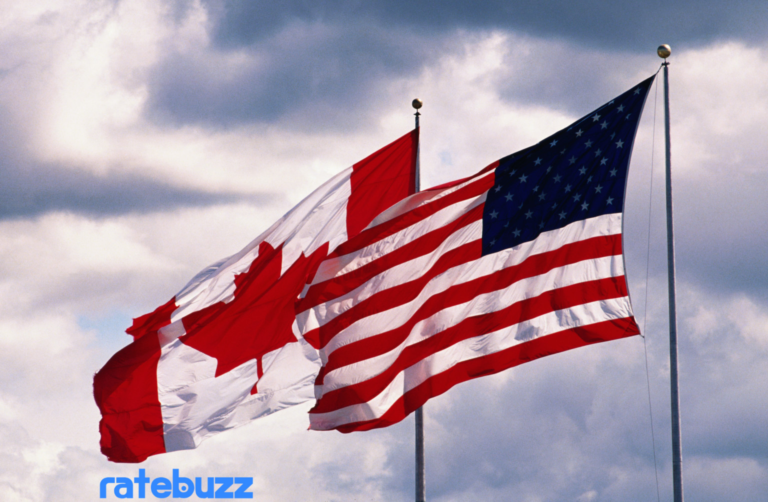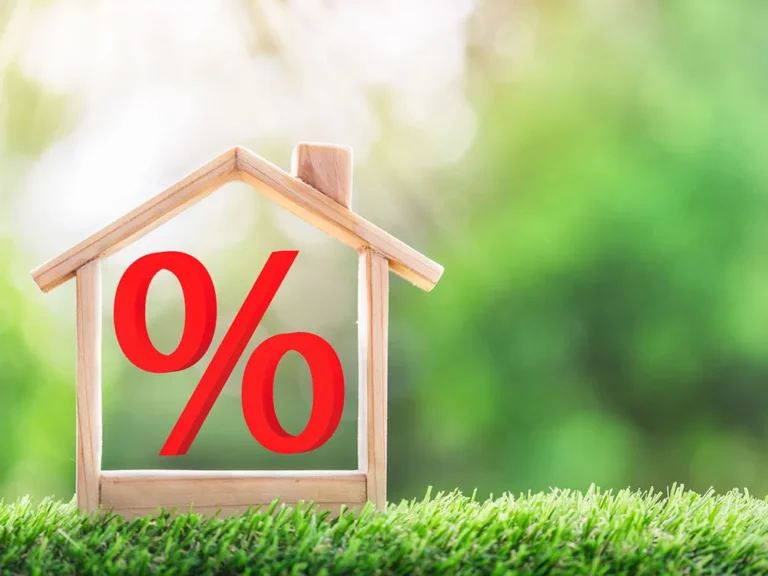Tariffs and How they Affect Canadian Mortgage Rates
Tariffs are taxes or duties imposed by a government on imported goods and services.
Read More
Lowest Mortgage Rates
Let us help you navigate the mortgage process and ensure you get the lowest rates available for your home purchase.
Read More
What is Trigger Rate for Variable Mortgages
You may have a mortgage or a loan with a variable interest rate and fixed payments. When interest rates rise, you may reach your trigger rate.
Read More
What is a Mortgage Guarantor?
A guarantor is someone who backs up someone taking out a loan and agrees to take responsibility for the loan payments in the event the borrower defaults on the loan.
Read More
Required Mortgage Documents
Most of the documents needed for mortgage in Canada are required by the lender to prove that you are capable of repaying the loan. There are about 5 main categories.
Read More
Renewal vs Refinance
When you secure a mortgage with a lender, the contract is for a specific period known as the mortgage term, which can range from a few months to five years or more.
Read More
Mortgage Specialists in Canada
A mortgage specialist assists borrowers in finding and applying for the best home loan. They work for a specific bank or credit union and can recommend products offered by them.
Read More
Mortgage Qualifying Rate in Canada
A mortgage stress test is essential to ensure borrowers can still make payments if they experience negative financial shocks.These might include:
• A reduction in income
Read More
Mortgage Pre-approval
When shopping for a mortgage, comparing options from different lenders can help you determine the maximum mortgage amount you qualify for. Estimate your mortgage payments.
Read More
Mortgage Insurance
If you want to buy a home with a down payment of less than 20%, you’ll need mortgage loan insurance. This protects your lender in case you can’t make your payments.
Read More
Monoline Lenders vs Banks
A monoline lender specializes in one type of lending, unlike banks that offer a variety of services such as checking accounts, investment accounts, and credit cards.
Read More
Minimum Credit Score
Canadas credit scores are from 300-900. It will vary by lender and the mortgage type but in general the minimum score to be approved for a traditional mortgage is around 680.
Read More
Locking in Mortgage Rates
Locking in mortgage rates is something lenders offer if you’re borrowing or refinancing. As long as you close within the lock period the interest rate you qualify for wont change.
Read More
Life and Disability Insurance
Optional mortgage insurance products are life, illness and disability insurance products that can help make mortgage payments, or can help pay off the remainder owing on your mortgage
Read More
Letter of Employment for a Mortgage
Lenders ask for an employment letter to ensure that you are financially prepared to pay off your loan. It is used for proof of income and your job status.
Read More
Income Needed to Get a Mortgage
Your total monthly housing costs should not be more than 39% of your gross household income. This percentage is also known as the gross debt service (GDS) ratio.
Read More
How to Get Approved for a Mortgage
The first step in the mortgage application process is to make sure your credit report is error-free, and your credit score is high enough to meet lender requirements.
Read More
How Mortgage Rates are Determined
A mortgage rate is the percentage of interest that is charged for a home loan. Mortgage rates change with the economic conditions that prevail.
Read More
How does Mortgage Insurance Work?
Mortgage loan insurance is typically required by lenders when homebuyers make a down payment of less than 20% of the purchase price.
Read More
Credit Unions vs Banks
The difference is that banks are for profit which means they are privately owned or publicly traded where credit unions are not for profit which means they are owned by its members.
Read More
Co-signing a Mortgage: Benefits and Risks
A joint borrower is someone who signs a mortgage, loan, credit card or line of credit agreement with one or more other persons. This is also referred to as co-signing.
Read More
CMHC Mortgage Rules
• he home is located in Canada.
• The purchase is not subject to any prohibition under the Prohibition on the Purchase of Residential Property by Non-Canadians Act.
Read More
How to Apply for a Mortgage in Canada
When you buy a home, you may be able to pay for part of the purchase price. The amount you pay is a down payment. To cover the remaining costs, you may need help from a lender.
Read More
Brokers vs Banks
When you get a mortgage, your contract is in effect for a specific period of time. This is called the mortgage term, and it can range from a few months to five years or longer.
Read More
Open and closed mortgages
There are a few differences between open and closed mortgages. The main difference is the flexibility you have in making extra payments or paying off.
Read More
Interest Rate Fixed vs Variable
The interest is the fee you pay to the lender for borrowing money. The higher your interest rate, the higher your mortgage payments will be.
Read More
Insurable vs Uninsurable
Insurable mortgage is not mandatory like insured mortgages are. You can choose not to insure the mortgage and you wouldn’t receive and penalties.
Read More
Accelerated Bi-weekly vs Bi-weekly
Accelerated payments allow you to make the equivalent of one extra monthly payment each year. This can save you thousands of dollars in interest over the life of your mortgage.
Read More
Term vs Amortization
The mortgage term is the length of time your mortgage contract is in effect. This consists of everything your mortgage contract outlines, including the interest rate.
Read More































